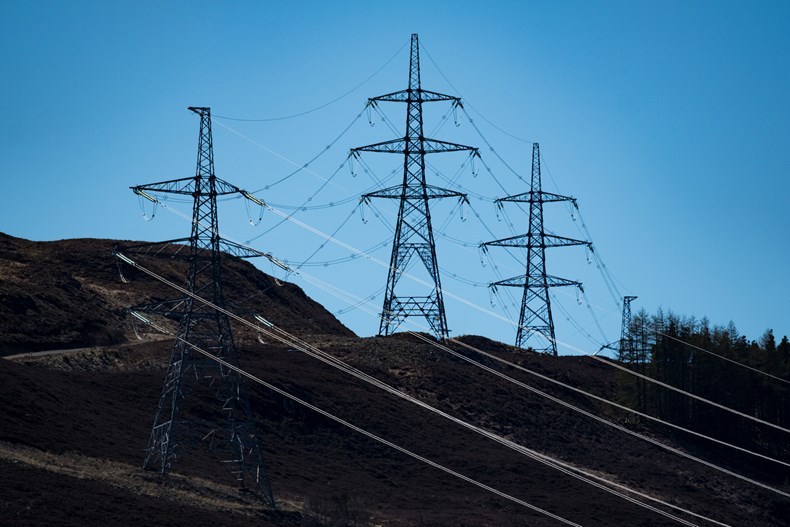SSEN Transmission has revealed its plans to appeal various aspects of Ofgem’s RIIO-T2 price control settlement to the Competition and Markets Authority (CMA).
This follows Ofgem publishing its Final Determinations for the price control period in December 2020, with this period stretching from 1 April 2021 to 31 March 2026.
SSEN’s appeal is focused on areas where Ofgem’s decision “does not reflect the robust evidence provided throughout the price control process alongside material errors in the decision”.
These areas include the cost of equity, with SSEN saying it “remains disappointed” that this doesn’t reflect market conditions, as well as new exposure to transmission chargers which “unfairly expose transmission owners to any under recovery of National Grid ESO’s own revenue from the market”.
Other areas include the loss of appeals right for additional TOTEX released through uncertainty mechanisms and TOTEX adjustments made following an outputs assessment, which SSEN said “goes against established regulatory practice, creating unacceptable risk and precedent for future price controls”.
Lastly, it is appealing against the outperformance wedge, which it claimed also goes against established regulatory practice by assuming rather than incentivising outperformance.
The appeals process is expected to take until the autumn to reach a conclusion, although this is subject to the CMA granting permission to appeal.
Rob McDonald, managing director of SSEN Transmission, said that “while it is regrettable we have been unable to reach agreement on all aspects of the final price control settlement”, the company would like to “thank Ofgem for its constructive engagement” and will continue to work constructively with the regulator and stakeholders as the CMA “considers the merits of our appeal”.
Before Ofgem released its Final Determinations, SSEN Transmission was also heavily critical of its Draft Determinations. It identified £172 million of calculation and methodological errors in cuts made by Ofgem, which it said would result in investments not being fully covered by allowances and therefore risking financial losses.
In response to the Draft Determinations, SSEN also laid out its concerns over cutting £300 million of investment in replacement of aged renewable generation connection assets, network reliability, Critical National Infrastructure and smart technology, which it said risked the reliability of the network.
Ofgem did address some of the criticism levied against it in its Final Determinations, upping the funding available to £30 billion of upfront funding, which is ~20% more than the £25 billion the regulator previously proposed.
Network companies’ rate of returns were also increased from the 3.95% proposed initially to 4.3%, although this is still the lowest ever rate.
Commenting on SSEN Transmission’s appeal, Ross Easton, director of external affairs at Energy Networks Association, said: “The UK’s energy network operators remain focused on providing a low cost, net zero energy system to the public.
“To deliver this, it is essential that the regulatory environment is attractive to the significant investment the country needs over the coming years.”
Current± has approached Ofgem for comment.






